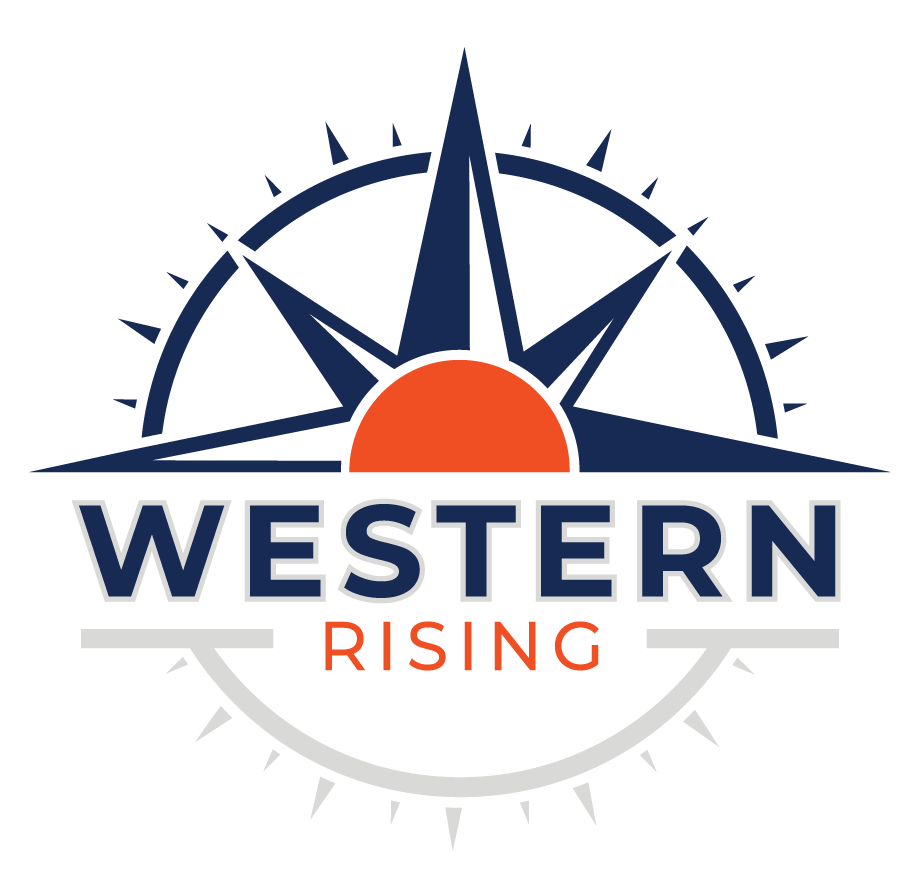Search WCSU
WCSU Essentials
WESTERN RISING


A New Direction for the Future
Strategic Plan 2024 – 2030


A Message from
the President
Dr. Manohar Singh
Founded on June 12, 1903, as the Danbury Normal School, Western is celebrating its 120th anniversary this year. While the world has experienced significant change, Western has stayed true to its mission of preparing compassionate leaders. This reflects the intellectual leadership of its faculty, dedication of its staff, and inquisitiveness of its students in advancing shared goals for the betterment of mankind. We have much to be proud of.
As a dynamic institution of higher learning, we are responsive to the needs of the rapidly changing socioeconomic and political fabric of our society. As a result, Western finds itself ready to embark upon a new path of strategic planning while building upon its legacy and rich traditions. In addition, we have experienced seismic shifts in the higher education landscape nationally and globally over the last decade. These changes have not only posed challenges to higher education, but offer a wealth of opportunities a dynamic institution like Western to stay at the forefront of discovery and impact. This is a propitious moment for us to come together and envision a shared future. Collectively, we can craft our next mission-centric strategic plan as the previous plan comes to its conclusion in 2024.
During my listening and learning tour with several stakeholders over the past 12 weeks, I realized that our progress emanates from our collective strength and purpose. A strategic plan developed in an inclusive and collaborative manner, as enshrined in the principles of shared governance, will unite us with greater resolve to meet the challenges ahead.
Guided by faculty and staff colleagues, we are initiating a strategic planning process. The 2024-30 strategic plan, “Western Rising,” embodies our collective indomitable spirit to continue to rise beyond limits and toward brighter horizons.
Through Western Rising, our College community will discuss, develop, and initiate fresh and bold strategic priorities to advance Western Connecticut State University’s excellence, inclusiveness, and opportunities for all.
Strategic Planning Process
This six-month inclusive process will engage our diverse community in an in-depth self-evaluation that will yield a collaborative vision to guide us to shared institutional aspirations. It will navigate our mission, vision and values to shape the next six years as we outline our short-term goals and long-term mission-centric strategies as a regional public university — one of our society’s most powerful catalysts for economic prosperity, social mobility, nation building and personal wellbeing.
The process will have four stages. The first stage was launched on November 21st. The process will yield a comprehensive strategic plan that represents a diverse set of perspectives and shared aspirations reflecting five pillars developed from the first phase of the strategic plan (click link above to view the survey results). Each committee will gather input from the community through forums and surveys.

Phase 1:
Listening and Learning
To launch our strategic planning process, we will do the following:
- Create the Strategic Planning Committees with representation from faculty, staff, students, alumni, and administration.
- Host two sessions to frame the strategic planning process. These sessions will be in person and via WebEx. Each session will followed by small focus groups to gather feedback and shape next steps.
- Evaluate the initial survey and the data from the focus groups and use them to identify our strategic priorities

Phase 2:
Envisioning Our Future
During this phase the Strategic Planning Committees will meet with university and community stakeholders to develop the critical objectives that stem from the strategic priorities.

Phase 3:
Crafting our Plan
The strategic planning team will transform the fully developed objectives into action steps and responsible parties.

Phase 4:
Honoring our Promise
Step by step, year by year, action by action, together we will make our strategic plan a reality.
0%
News & Updates
Strategic Planning: Phase 1
Phase 1
The Best Practices & Socio-Cultural, Political & Economics Roundtable was held on December 1, 2023.
Phase 1
The WCSU Positioning for Success and Higher Education Landscape Panel Discussion was held on December 5, 2023.
PANEL DISCUSSION ➔
Phase 1
The Higher Education & Western Roundtable was held on December 7, 2023.
ROUNDTABLE ➔
Phase 1
The Higher Education & Western Roundtable was held on December 8, 2023.
ROUNDTABLE ➔
Western Rising Launch
The Launch for Western Connecticut State University’s Strategic Plan, Western Rising 2024 – 2030, took place on November 21, 2023. To view a video recap of the launch click the link – STRATEGIC PLAN LAUNCH ➔
An Opportunity to Engage
The success of our strategic planning process will rely on engaged participation from everyone who is impacted by our mission. Please click on the links below to fill out the strategic planning surveys for Phase 2.


